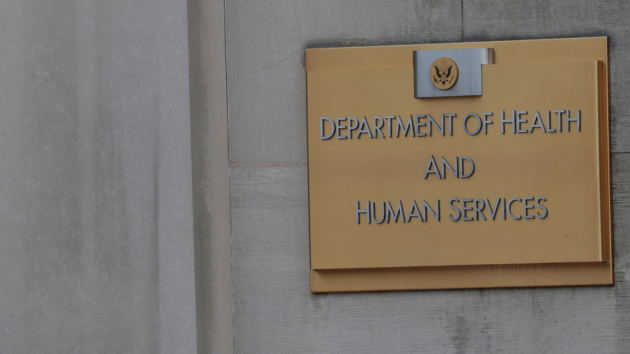Why unhoused people are perceived to be more dangerous than they really are
Written by ABC Audio ALL RIGHTS RESERVED on October 17, 2023

(NEW YORK) — High-profile cases of unhoused people committing violent acts in U.S. cities like New York and San Francisco may have ignited fear and frustration around the homeless population of these areas, experts say.
But while those incidents tend to draw attention, they may create a false impression that homeless people are significantly more dangerous than the general population, according to research.
“Fear of danger far exceeds the actual risk of danger,” said Nyssa Snow-Hill, a researcher at the University of Illinois at Chicago.
Stigmas around people in marginalized groups contribute to the perception that people experiencing homelessness are a risk, Snow-Hills said. Some research shows that people view unhoused people with more disgust and as less human than other groups, for example.
“We view them as lacking in morality, being more dangerous, being more lazy, being less rational,” Snow-Hill said. “This contributes to those cognitive views that this is somebody who could present harm to me.”
Some people can be very uncomfortable with those that are different from them, according to Snow-Hill, and that can create increased anxiety.
“People don’t often have a lot of experience with those experiencing homelessness,” she says.
The visibility of unhoused people can increase that discomfort, experts say. An ABC News analysis found that while the number of people experiencing homelessness has been relatively stable over the past decade, the public’s visibility of unhoused people has increased. Some reasons include more urban construction and aggressive policing policies that have forced some people experiencing homelessness closer to where other people live and work.
Studies in recent decades have attempted to answer the question about whether unhoused people are more likely to be violent, but these studies have produced mixed results, and rely on inconsistent data sources.
Still, some research has found that unhoused people are arrested at higher rates than housed people, but that they’re arrested for non-violent behavior like public intoxication or shoplifting — not violence.
Researchers who study public perceptions of homelessness say people tend to have exaggerated fears of unhoused people. They also tend to assume that most have severe psychiatric disorders — which reinforces their fear.
“We tend to stereotype those experiencing homelessness as automatically having mental illnesses,” Snow-Hill says. “Then we often assume mental illness is severe and could pose a risk to the general public.’
Data suggests around 20% of people experiencing homelessness have severe mental illness, according to an ABC News analysis of data United States Department of Housing and Urban Development.
People with mental illness may have a slightly higher risk of committing violence than healthy people, research shows. But most violence is not committed by people with mental illness, and the things that predict violence in people with mental illness — like antisocial behavior and substance use — are the same qualities that predict violence in people without mental illness, according to the research.
Like unhoused people, people with mental illnesses are more likely to be the victim of violence than to be a perpetrator.
“There is this perception that people with severe mental illness are unpredictable and act violently … even though through research we know that they’re more likely to be victims,” says Jack Tsai, campus dean at the UTHealth Houston School of Public Health and research director for the U.S. Department of Veterans Affairs’ National Center on Homelessness Among Veterans.
Encouraging people to have more contact with people experiencing homelessness is one way to try changing attitudes and stereotypes around unhoused people, Snow-Hill says. Situations that offer meaningful contact between unhoused people and housed people — like in shelters through outreach — can help create those shifts. But disrupting deep-seated, often unconscious bias can be difficult, she says.
But changing those attitudes is important for creating the policy change that can actually address underlying causes of homelessness. People who have more negative views about people experiencing homelessness may be less likely to vote for policies that are less punitive and help provide housing, for example, Snow-Hill says.
“The issue of homelessness often comes down to these large systemic issues that will have to be addressed at policy level,” she says. “Unless attitudes change, we’re never going to get to that point where we have the change that’s needed to make a difference.”
Copyright © 2023, ABC Audio. All rights reserved.
 KVSP
KVSP 




